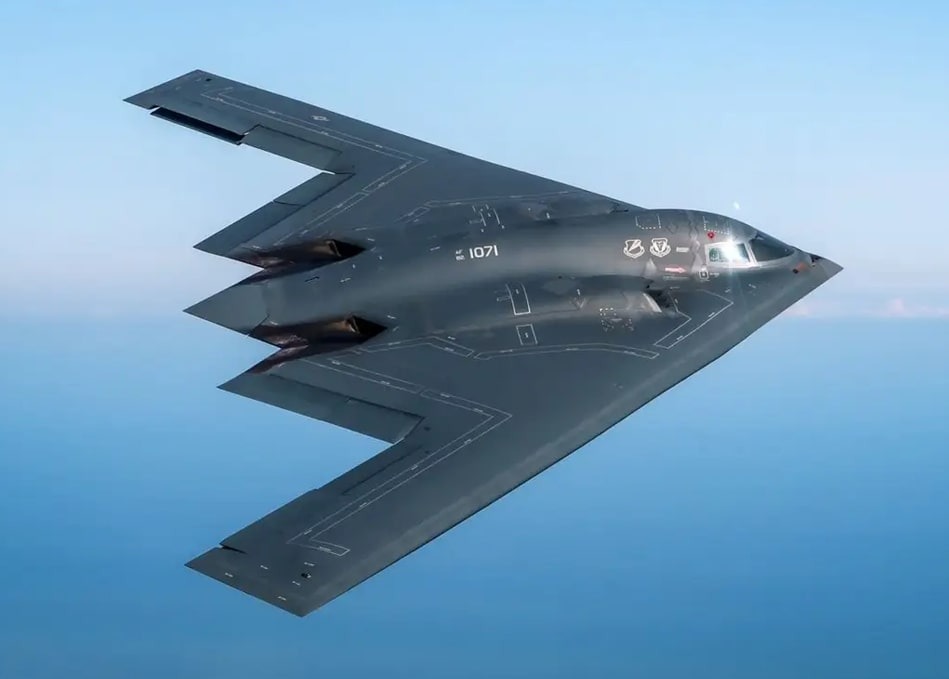A $100 million U.S.-enabled strike on Iranian nuclear infrastructure has been slammed by experts as an “illegal and unconstitutional act of insanity” that failed to produce any strategic effect, while prompting Iran’s parliament to vote for the closure of the Strait of Hormuz — a move that threatens to upend global oil markets and widen the Middle East conflict.
The condemnation intensified after last night’s U.S. airstrikes on three Iranian nuclear sites: Natanz, Isfahan, and Fordow. According to former U.N. weapons inspector Scott Ritter and former Judge Andrew Napolitano, who appeared on a special Sunday edition of Judging Freedom, the operation was not only militarily meaningless but legally indefensible.
“The president of the United States ordered and the military carried out a profoundly unconstitutional and absolutely unlawful act,” Napolitano said. “It was an impeachable offense and a war crime.”
Ritter called the strike a “war of aggression,” citing Justice Robert Jackson from the Nuremberg trials, who stated that such a war is the supreme international crime. He explained that the targeted facilities were empty, long evacuated, and that the strikes were purely political theater. “We put two additional holes in the ground at Natanz,” he said. “Nothing of scientific or military value was hit.”
The U.S. used six B-2 bombers carrying massive 30,000-lb GBU-57 bombs on Fordow, yet achieved only limited damage. Fordow remains operational, with four out of five exits intact and satellite imagery confirming that Iran had already moved its centrifuges and enriched uranium stockpile prior to the strike.
Meanwhile, the Isfahan complex was hit with 30 cruise missiles, but officials now admit the facility’s underground protection blunted the attack. According to Ritter, this would normally require a follow-up strike — but President Trump has since declared the operation complete. “This wasn’t about achieving anything militarily meaningful,” Ritter said. “It was an act of pure politics.”
The cost? An estimated $100 million and rising. The operation, involving long-range flights, fuel, refueling logistics, and precision munitions, represents a colossal expenditure for negligible results. Napolitano asked bluntly: “They made holes in the desert. What did that cost?”
The consequences could be grave. Tens of thousands of American troops in the region — stationed in Iraq, Syria, Bahrain, Kuwait, and the UAE — are now at risk of Iranian retaliation. Ritter warned that Iran has a proven capacity to hit American bases, citing the precision strike on al-Asad airbase in 2020 following the assassination of Qassem Soleimani.
Iran, however, has so far acted within the framework of international law. Ritter praised Iran’s discipline and its decision to seek Russian and Chinese diplomatic support before further escalation. Foreign Minister Amir-Abdollahian has arrived in Moscow for urgent talks, and Tehran has informed the UN of its position.
“Iran is playing a winning hand against Israel,” Ritter said. “They are not lashing out irrationally — they are implementing a carefully planned strategy to isolate the United States and expose the illegality of Israeli and U.S. actions.”
Domestically, Napolitano renewed his call for Congress to act. “Only Congress can declare war,” he said. “And the president has launched one against a country that poses no imminent or grave threat. This is a moment for Congress to reclaim its constitutional authority.”
Meanwhile, the Israeli government has not disclosed the extent of damage sustained from Iran’s retaliation, but insiders suggest it is severe. Iranian missile strikes have been highly accurate, targeting exclusively military and strategic infrastructure. One former head of Israeli intelligence Unit 8200 admitted Iran is behaving in a professional and modern manner.
And as Ritter pointed out, Israel’s much-hyped Iron Dome missile defense system is failing. “Israel is already defenseless,” he said. “The Iron Dome does not work against this kind of modern missile threat.”
The vote in Iran’s parliament to close the Strait of Hormuz adds another volatile layer. Although the final decision lies with Iran’s Supreme National Security Council, the intent is clear: Tehran is signaling readiness to leverage its geographic chokehold on global oil flows in response to the American-Israeli strikes. Oil prices have surged nearly 10% since the vote, with fears of global economic repercussions mounting.
Russia and China are expected to lead international efforts at the UN to isolate the U.S. diplomatically. Ritter predicted that global pressure would mount on Israel as well, possibly forcing the country to open its undeclared nuclear program to international inspection.
“This was not just a failure of strategy,” Ritter concluded. “It was a national embarrassment, a moral failure, and a violation of everything the international legal order stands for.”
As the dust settles from the most expensive and geopolitically reckless strike in recent U.S. history, the world waits — watching to see if diplomacy can rescue it from the edge of a regional war.




